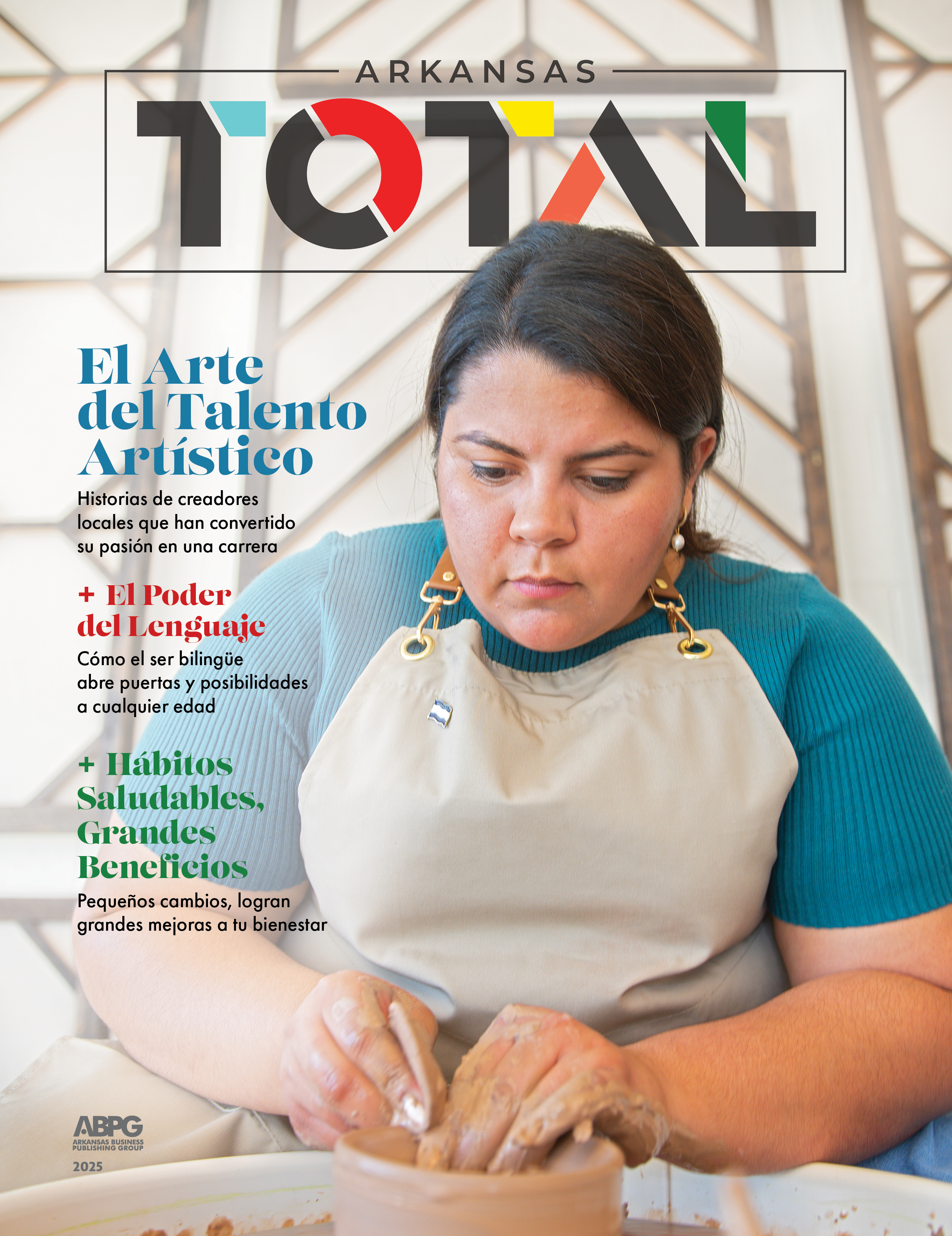Time for Credit

También puedes leer este artículo en español, Hora de crédito.
There are many terms to know when it comes to finances. One of them is credit. From credit cards to credit scores, the topic of credit is broad and can be confusing.
In general terms, credit allows someone to receive goods, services or money in exchange for a scheduled repayment. Most consumers use credit to borrow funds from a financial institution for bigger purchases, such as a home, car or business. Some landlords also look at credit before renting out an apartment.
Once you get started using credit, it’s important to continue building on the credit you have. One thing to avoid is opening too many accounts or asking too many financial institutions for loans. So what else do you need to know about credit?
Credit Report vs. Credit Score
One of the most commonly heard terms when talking about credit is “credit score,” the three-digit number that shows institutions how likely you are to pay off a loan on time. Typically, these scores range from 300-800. The range for a fair or good credit score is 670 and up. In order to raise your score, most financial experts advise to use less than 30% of your available credit and pay it off on time.
A credit report, however, shows your whole credit history. A credit report is an explanation of a credit score. Requesting to see your credit report more than three times a year can negatively impact your credit score as it makes the bank think you are having trouble getting good credit. Once a year, you can ask for a free credit report review.
Perks of Good Credit
There are generally three main benefits to having good credit:
- Better chance of getting loans approved.
- Lower interest rates when borrowing money.
- Better loan terms, such as length to repay the money and a greater amount that can be borrowed.

